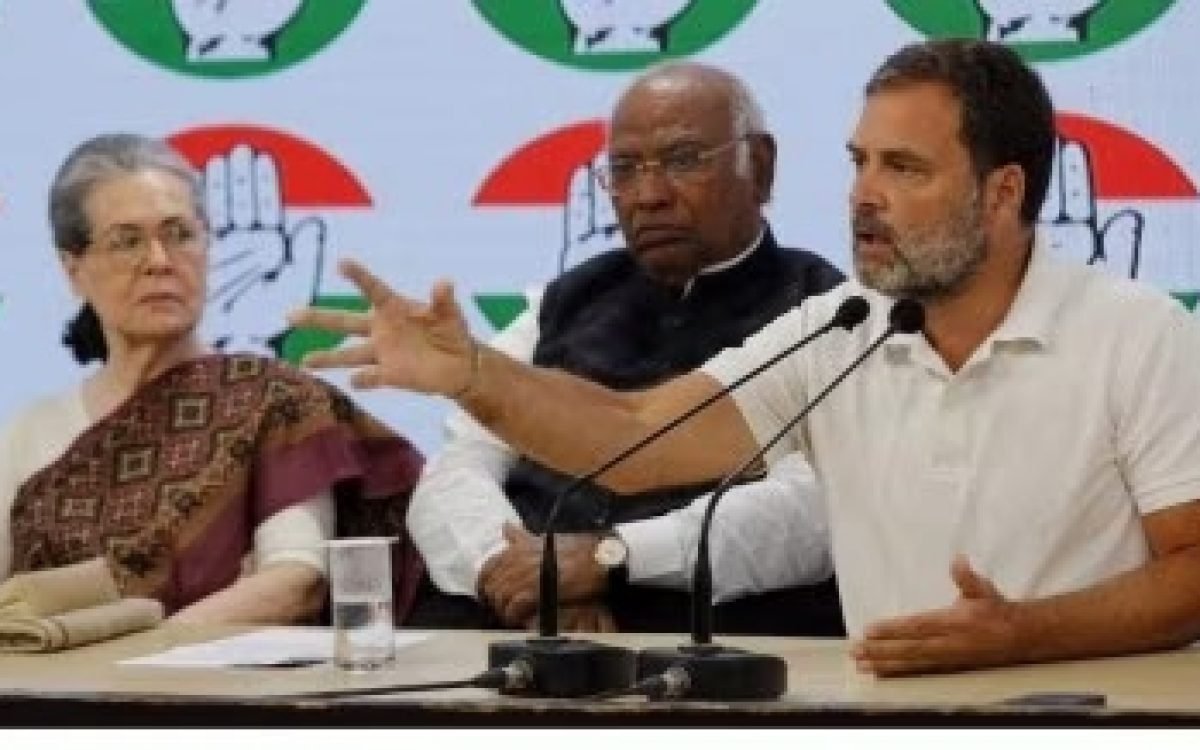The Congress party finds itself in the midst of a financial storm as it grapples with the repercussions of “unaccounted transactions” totaling Rs 523.87 crore spanning the period from 2014 to 2021. This development comes hot on the heels of the Income Tax Department’s recent withdrawal of Rs 135 crore from the party’s bank accounts for previous dues, further exacerbating its financial woes and raising questions about its fiscal management practices.
The Congress party’s loss in its appeal before the Income-Tax Appellate Tribunal (ITAT), where it sought a stay on the withdrawal of Rs 135 crore, underscores the gravity of the situation. With Lok Sabha elections scheduled just three weeks away, the timing of this development couldn’t be more precarious for the party, as it braces itself for yet another hefty demand from the Income Tax Department.
The “unaccounted transactions” totaling Rs 523.87 crore cast a shadow over the Congress party’s financial integrity and accountability. As allegations of financial impropriety swirl, the party faces mounting scrutiny and public scrutiny, further denting its credibility and eroding public trust.
This latest setback serves as a stark reminder of the challenges facing political parties in navigating the complex terrain of campaign finance and fiscal transparency. With electoral campaigns increasingly reliant on financial resources, parties must adhere to stringent legal and ethical standards to ensure accountability and maintain public confidence.
As the Congress party grapples with the fallout from these revelations, it faces an uphill battle to restore its reputation and regain the trust of the electorate. Transparent and proactive measures to address concerns over financial irregularities are essential to rebuild credibility and demonstrate a commitment to ethical governance.
The looming specter of income tax scrutiny underscores the need for all political parties to uphold the highest standards of financial probity and accountability. In a democratic society, transparency and integrity in financial matters are paramount to preserving the integrity of the electoral process and fostering public confidence in democratic institutions.
As the Congress party navigates this challenging terrain, it must seize this opportunity to implement robust internal controls and oversight mechanisms to prevent future lapses and ensure compliance with legal and regulatory requirements. Only through a concerted effort to uphold transparency and accountability can political parties fulfill their responsibilities to the electorate and uphold the principles of democracy and good governance.









